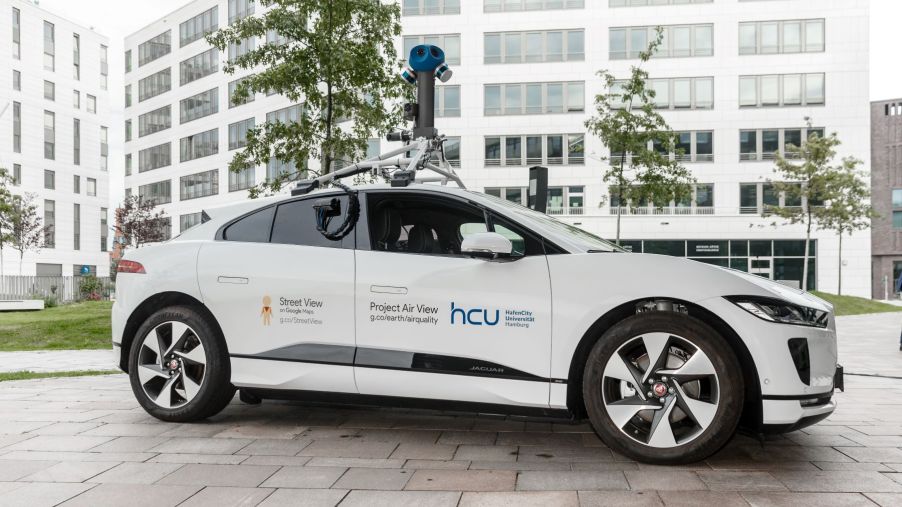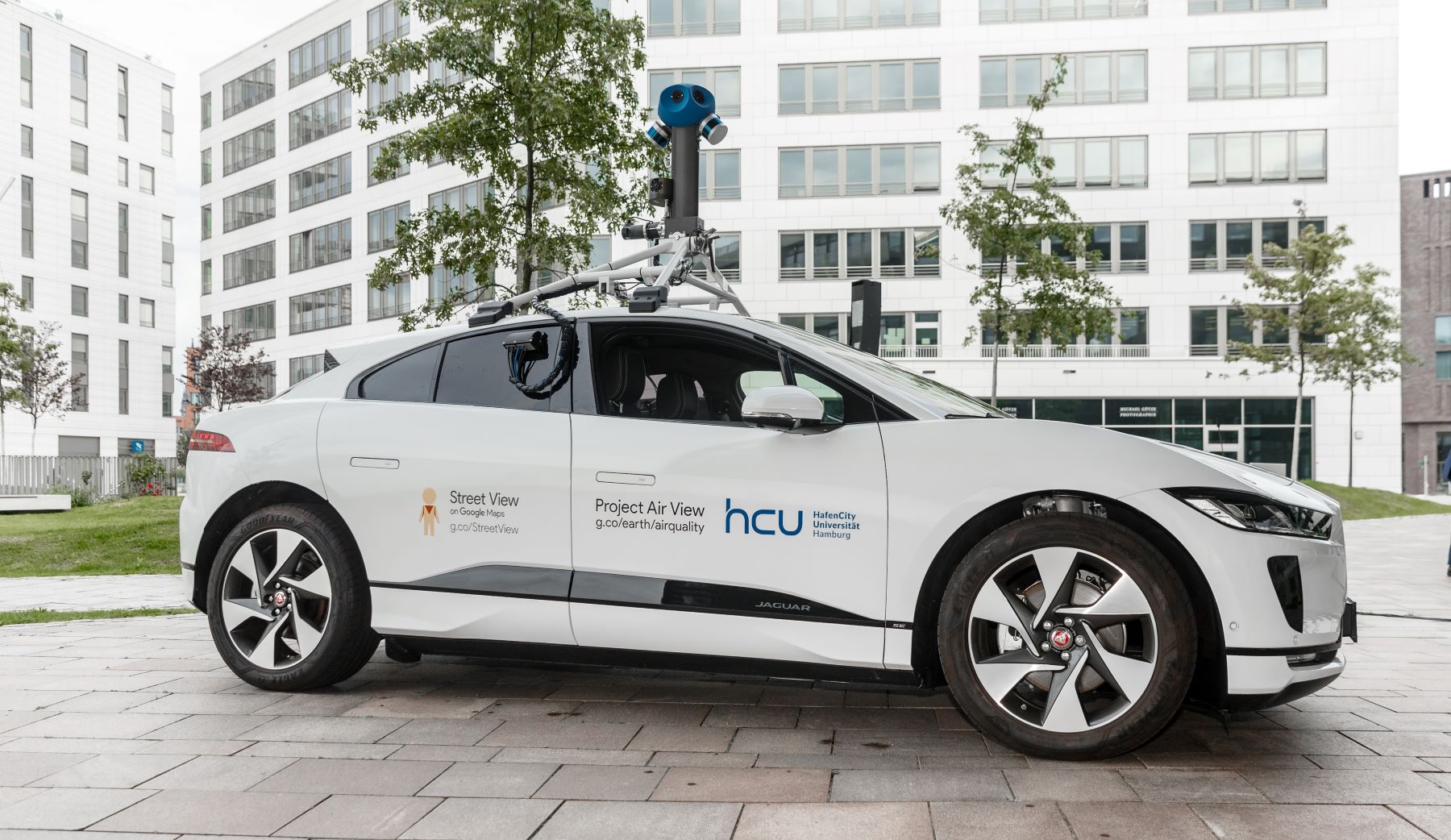
Ramped up EV Production Isn’t Enough to Reverse Climate Change
Climate change is already affecting the world around us, and it’s become clear that the world has to take action sooner than later. That’s precisely why so many people are buying EV models and why so many automakers are scrambling to create their own EVs. That being said, while EVs are a great way to be eco-friendly, they may not be enough to reverse the effects of climate change.
How EVs are fighting climate change

Carbon dioxide, or CO2, is one of the many greenhouse gases that humans have been emitting at an industrial scale for a long time now. This has led to the complex science that explains why the world’s climate is changing rapidly right before our eyes. One of the easiest ways that society can combat climate change is by lowering our emissions. That’s precisely what an EV does.
To be clear, EVs are not truly zero emissions. The factories that make the EVs and their parts all have some emissions. In most places, the electricity production that charges up the battery in an EV also produces emissions. Despite that, though, EVs are, by their very nature, not going to emit CO2 out of their tailpipes as a regular car would.
As such, overall, EVs are going to cause less pollution than a regular car would. This is especially true for folks who live in a place that generates a high amount of clean energy. However, cars are just one of the many things that have caused an increase in CO2 in our atmosphere. As such, switching to an EV isn’t going to solve climate change by itself.
Why EVs will not be enough by themselves
According to WardsAuto, a recent study by DNV said that the world is making some progress in tackling climate change. That study estimated that, by 2030, CO2 emissions would fall by about 9%. One of the main contributing factors to that decline in CO2 emissions is the rapid expansion of the EV market. It probably helps that many countries and states have set a deadline of 2030 or 2035 for the end of new gas-powered car sales.
That said, the study also projected that the Paris Agreement’s goal to limit warming to two degrees Celsius would fail by the end of the 21st century. One of the main reasons why that’s the current projection has to do with gas. The study said that, despite wind and solar power projected to represent 69% of the world’s grid-connected power sources by 2050, gas is still projected to be a big player.
Even in 2050, the study projected that gas and other fossil fuels will still represent about 50% of the world’s energy mix. This mostly has to do with the fact that not everyone nor every industry will have an EV by then, so many will still rely on fossil fuel vehicles and other products.
The battle against climate change isn’t hopeless, though
One of the main suggestions to solve this gap to battle climate change, according to WardsAuto, is hydrogen. This is because hydrogen is as clean EVs are but is better in specific ways. As such, hydrogen is one of the best options to tackle emission sources that EVs have a more challenging time replacing.
The problem, however, is that, while companies and governments have been ramping up the production of EVs very quickly, hydrogen is a much slower process. That study said that, by 2050, hydrogen is only projected to represent 5% of the world’s energy mix. As such, ramping up both the EV and hydrogen economies can help the world meet its climate change goals faster.


